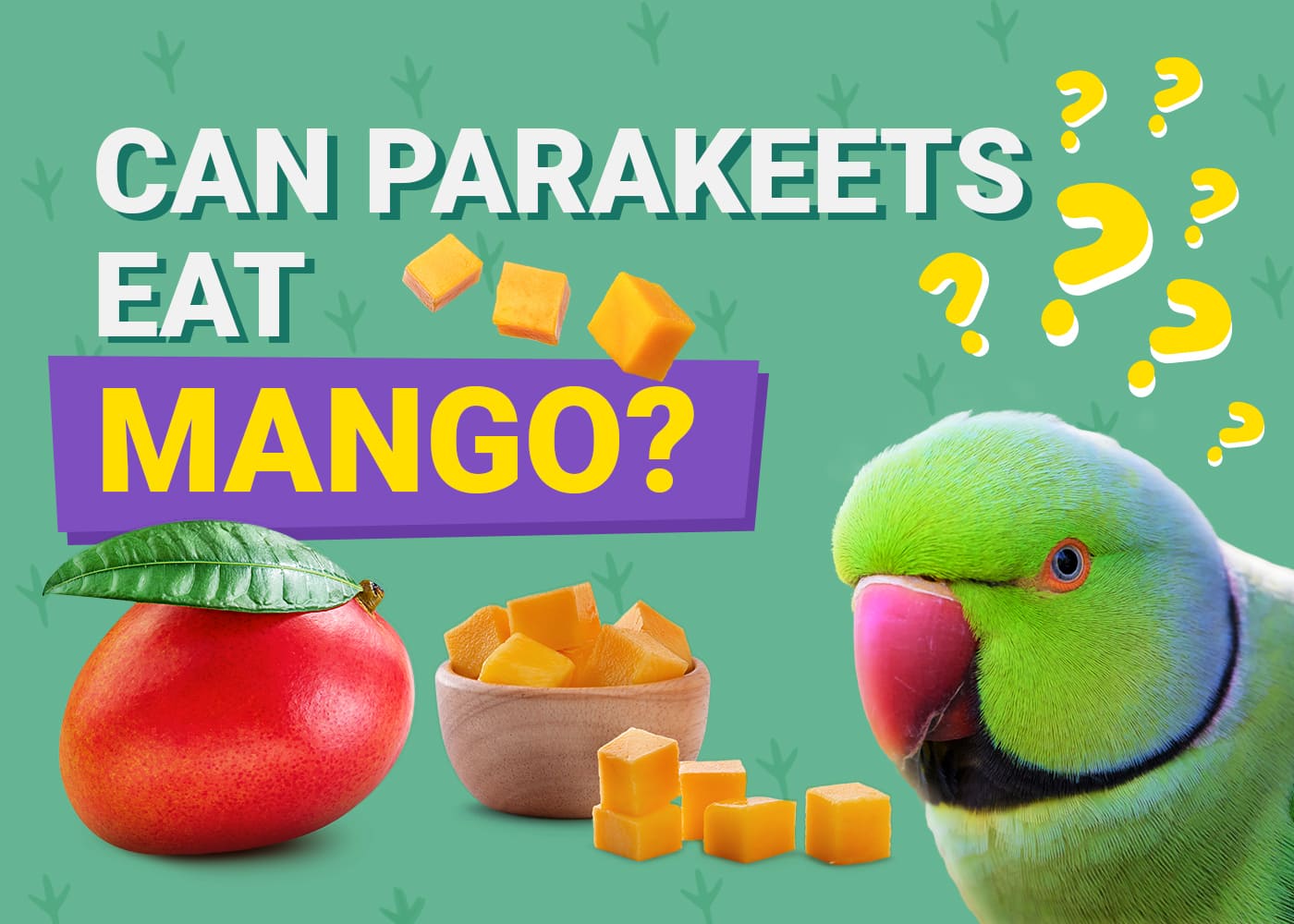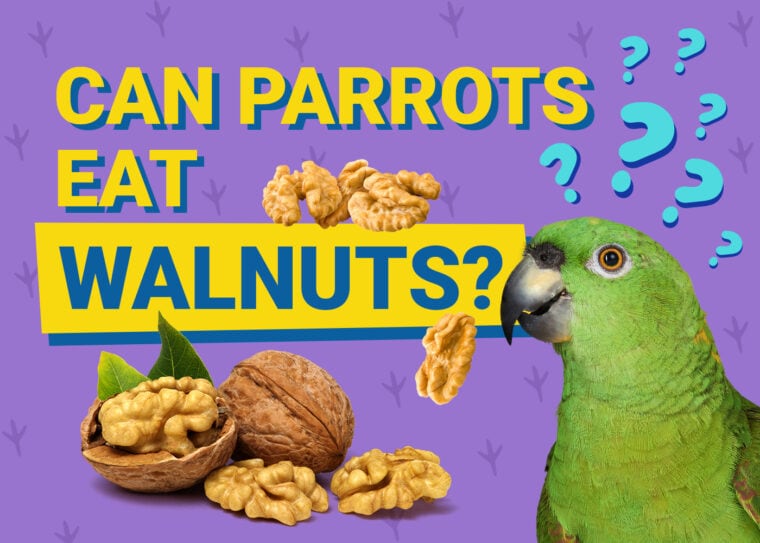
There are few things more entertaining than watching your parrot chow down on a yummy snack, but you need to take the time to track down and feed them the right things. So, where do walnuts and other tasty snacks fit into the mix?
For starters, if you’re thinking of feeding walnuts to your parrot, then yes, you should be good to go — as long as there isn’t any salt or other flavorings on the walnuts! But what other foods can your parrot eat, and are there nuts that you should avoid? We break down everything that you need to know here.
 Why Walnuts Are Good for Parrots
Why Walnuts Are Good for Parrots
Not only are nuts an excellent food source for your parrot, but they’re also a natural food source. Parrots feed on nuts in the wild, so feeding them nuts at home is an excellent way to replicate a more natural diet.
Walnuts and other nuts include tons of protein, which is a great way to keep your bird healthy and strong.
However, keep in mind that nuts are high in fat, which is why you should use nuts and seeds as a treat, not a staple in their diet.
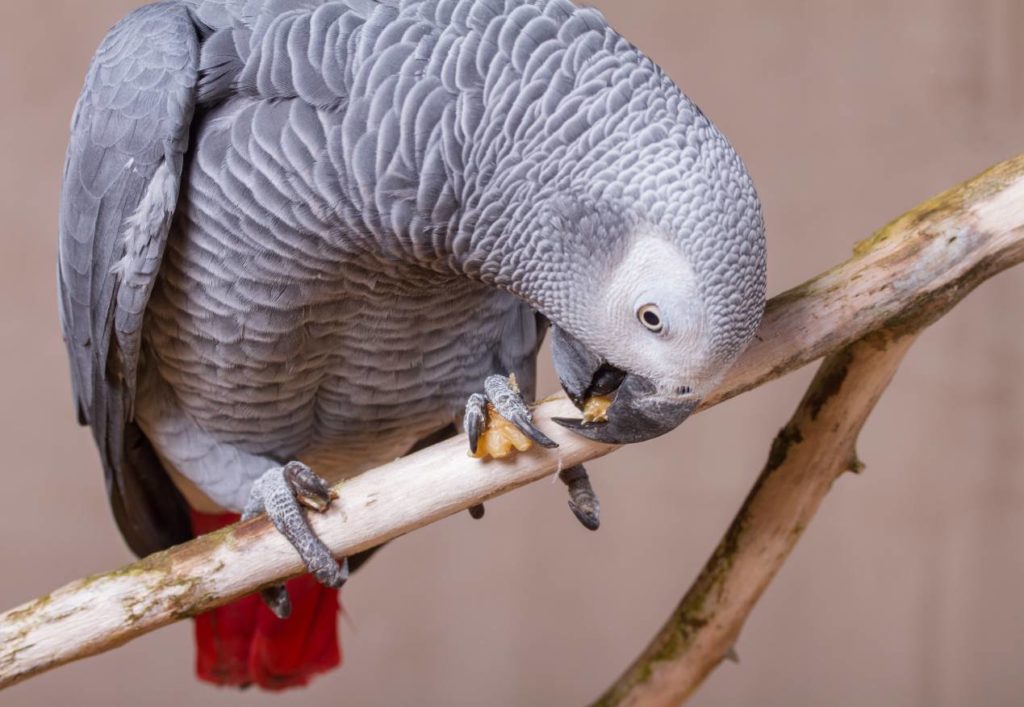
What Nuts Can Parrots Not Eat?
Anytime that a nut has flavorings, such as salt, on them, you can’t give them to your parrot. While the nuts themselves are fine for your parrot, the seasonings and flavorings on the nuts can be extremely toxic.
This is common with nuts like pistachios and peanuts, as manufacturers add salt and other ingredients to enhance the flavor.
But as a rule, any completely natural nuts are perfectly fine for your parrot in moderation.
The 5 Other Foods to Avoid
While walnuts and other plain nuts are fine for your parrot, that doesn’t mean there aren’t other foods that you need to avoid. Here, we highlighted five of the most common foods that people should not give their parrots.
1. Avocado

While fruits and veggies are great for your bird, you need to avoid giving them any avocado. Every part of the avocado is extremely toxic for your bird, so don’t pass them the guacamole.
2. Dairy Products
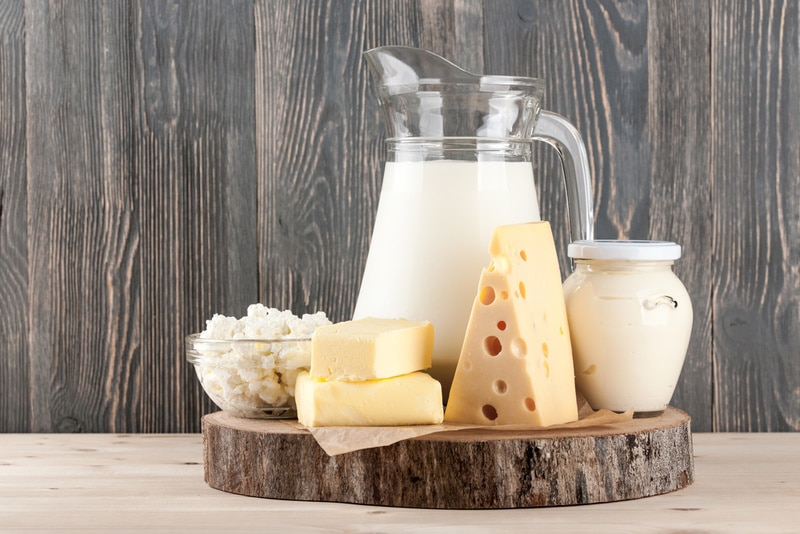
Birds aren’t mammals, which means they don’t have any of the necessary enzymes to break down dairy products. Parrots are incredibly lactose-intolerant, so feeding them dairy products can spell disaster.
While dairy likely won’t kill them, it will create severe gastrointestinal distress and make cleanup messier.
3. Chocolate
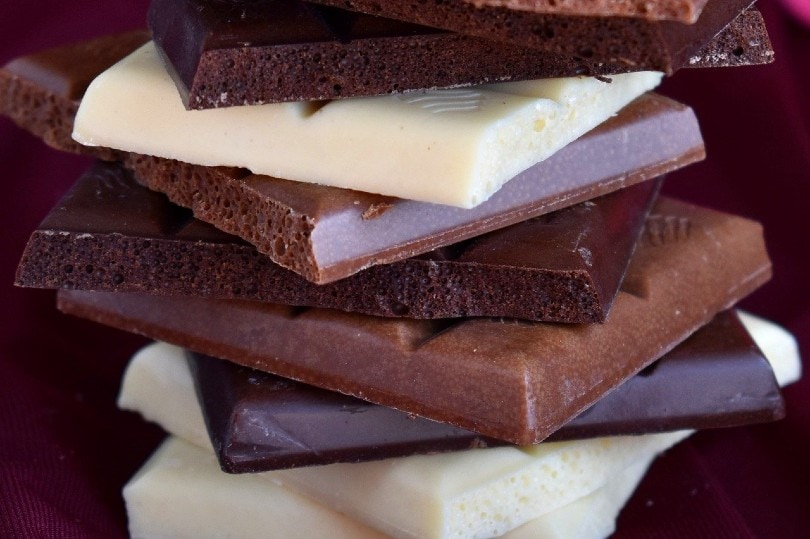
While most people know not to give pets chocolate, the truth is that even a small amount of chocolate can be fatal for your bird. Chocolate can lead to convulsions, seizures, and even death, so keep the chocolate far away from your parrot.
4. Salt
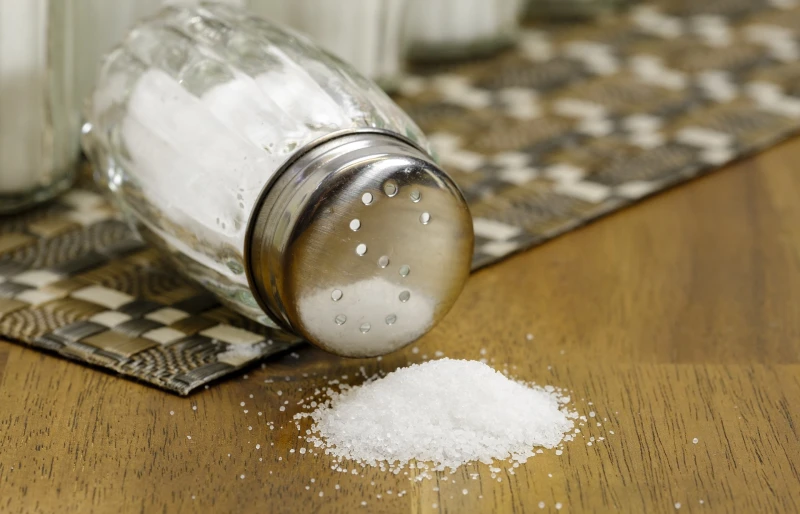
While parrots can handle salt in very small quantities, it’s such a tiny amount that you shouldn’t mess around with it. For reference, a single potato chip has enough salt to kill your feathered friend. Avoid salt at all costs.
5. Caffeine

Just like salt, caffeine in an egregiously small quantity is fine for your bird. But the amount is too small to make a reasonable distinction. Giving your bird anything with caffeine is a sure way to poison and kill them.
The 4 Other Great Snacks for Parrots
While there are plenty of foods that you need to avoid giving your parrot, there are also plenty of snacks that your parrot will enjoy munching on. We highlighted four of their favorite options here.
1. Popcorn

As long as there isn’t any salt, butter, or other flavorings on the popcorn, it’s an excellent snack for your bird. Whether it’s a movie night or a daytime snack, popcorn is both healthy and delicious for your parrot. Give them their own bowl of popcorn for a guilt-free treat!
2. Peanut Butter and Crackers
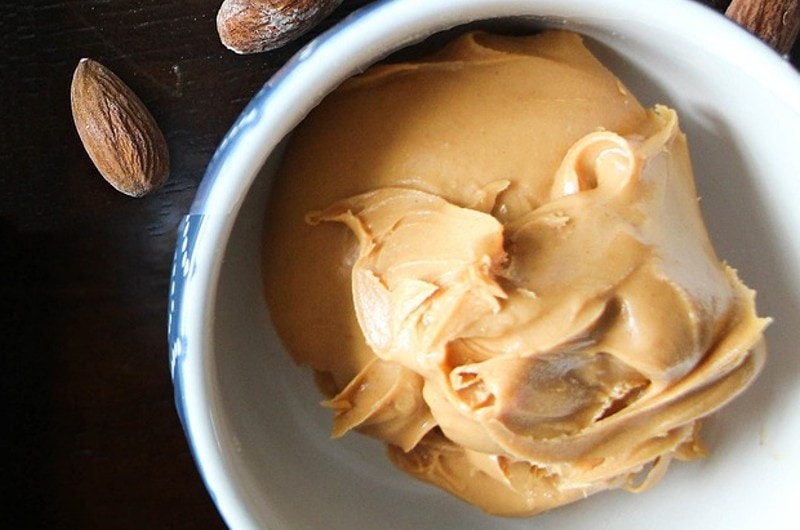
There are few snacks that parrots love more than peanut butter. It’s best to smear it on a surface to help them chow down on the creamy stuff. Just keep in mind that you need to use unsalted crackers.
3. Apple Slices

Parrots love fruit, and one of their favorite choices is apples. Just be sure to only feed them apple slices and to remove all the seeds before feeding it to them. Apple seeds contain cyanide, and while it’s too small of an amount to bother humans, it can be a problem for the much smaller parrot.
4. Berries

Other fruits that your parrot will love chowing down are berries, be they raspberries, blueberries, or other, similar berries. They’re all naturally sweet and parrots love the flavor. It’s good for them too!
Prepackaged vs. Fresh Parrot Snacks
If you’re thinking of picking up prepackaged snacks for your parrot from the pet store, forget about it. Not only are prepackaged foods almost always unhealthy for your parrot, but they also don’t taste as good!
Prepackaged bird snacks often come packed with preservatives and flavorings that aren’t healthy for your bird. By giving them fresh snacks, you eliminate this possibility and give your bird a better-tasting treat, so it’s a win-win!
 Final Thoughts
Final Thoughts
Before introducing any new food to your parrot, it’s best to do your research and ensure that it’s safe. While parrots can eat many things, there are definitely foods out there that can hurt your parrot if you’re not careful.
Still, give your parrot a varied diet, and they’ll be super appreciative. Just be sure to check each food before giving it to them!
You may also want to find out:
Featured Image Credit: Dompr, Shutterstock

 Why Walnuts Are Good for Parrots
Why Walnuts Are Good for Parrots

